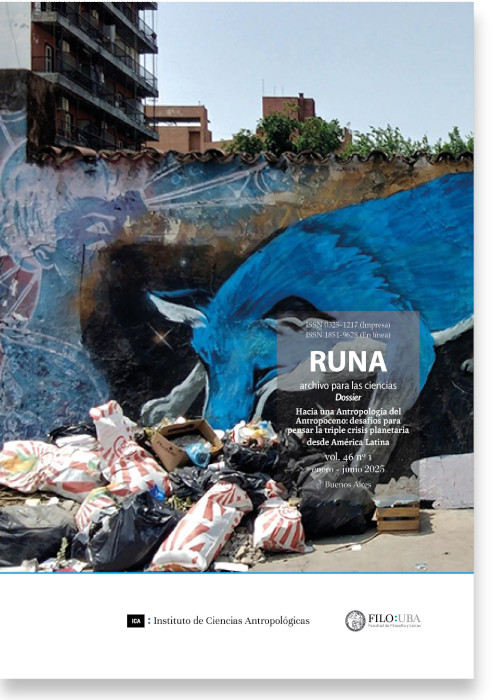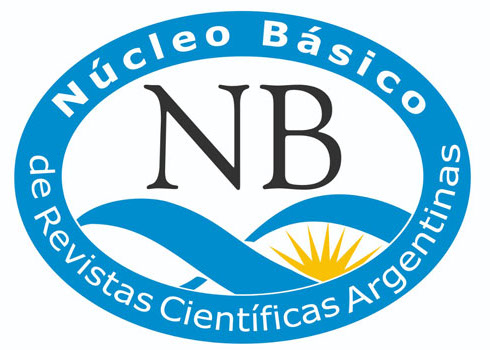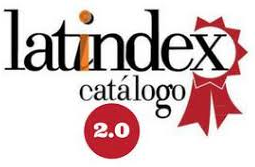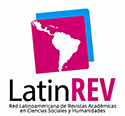Ethno-historical study of ancestral festivals in the peoples of the Andean world: Naván
Abstract
In all the villages of today’s Andean world, such as Naván, the Andean rites, the songs in Quechua, the music, dance and costumes of ancestral origin are still in force, which, despite being dedicated to Catholic idols, are not directly related to them. Our purpose is to demonstrate the pre-Hispanic origin of the festivities and their validity; to this end, we review the corresponding documentary sources and ethnohistorical research, and we relate our observations and experiences recorded during the visit of specialists from the Escuela Nacional Superior de Folklore José María Arguedas and the Pontificia Universidad Católica del Perú, whom we accompanied in 2007.Downloads
Copyright (c) 2025 Lucas Palacios Liberato

This work is licensed under a Creative Commons Attribution 4.0 International License.

Runa, archivos para las ciencias is a publication of the Instituto de Ciencias Antropológicas, Facultad de Filosofía y Letras, Universidad de Buenos Aires and is distributed under a Creative Commons Attribution 4.0 International License.
Runa maintains its commitment to the policies of Open Access to scientific information, considering that both scientific publications and publicly funded research should circulate on the Internet freely, free of charge and without restrictions.
The contents and opinions expressed in published articles are the sole responsibility of their authors.



















